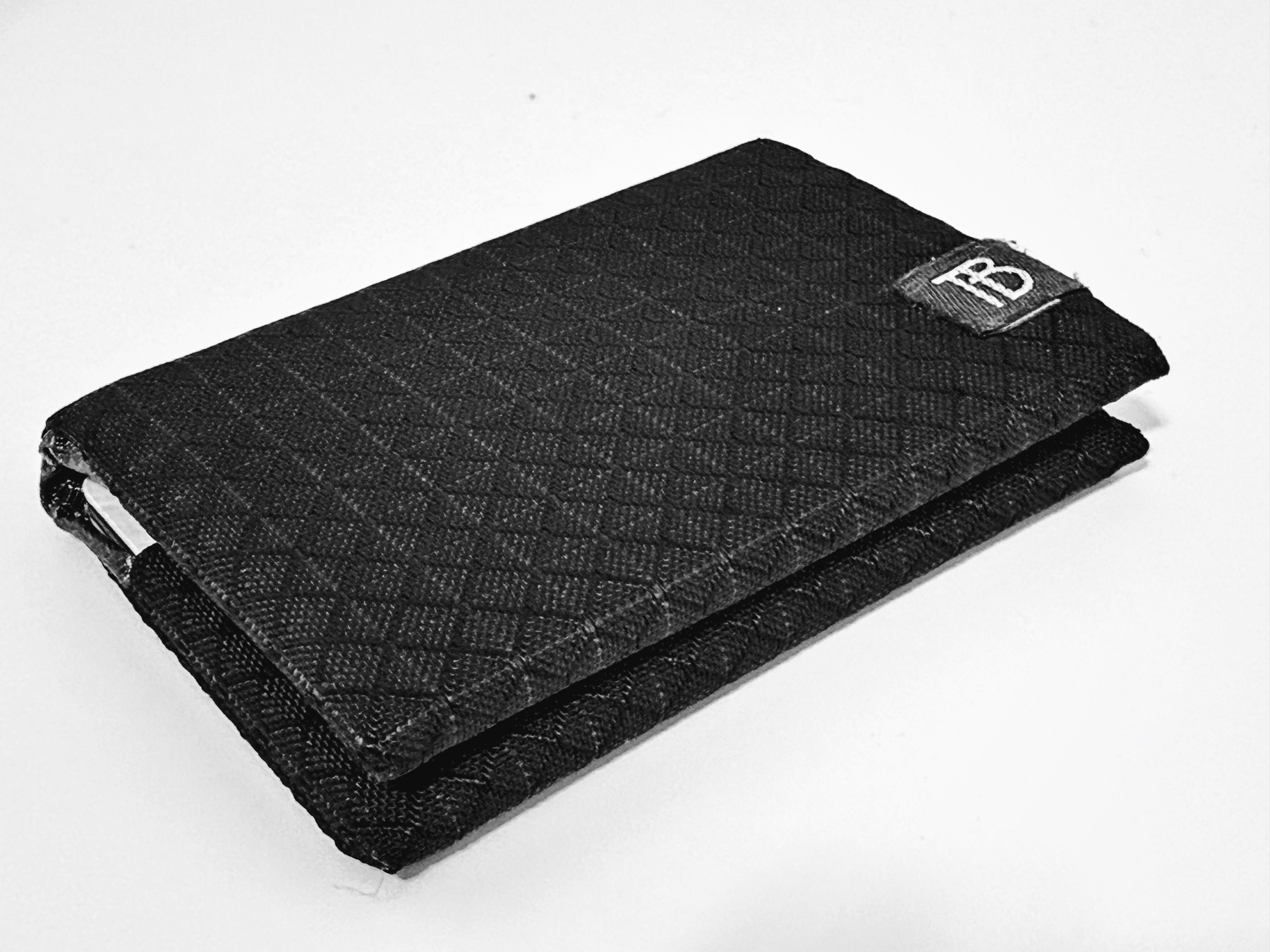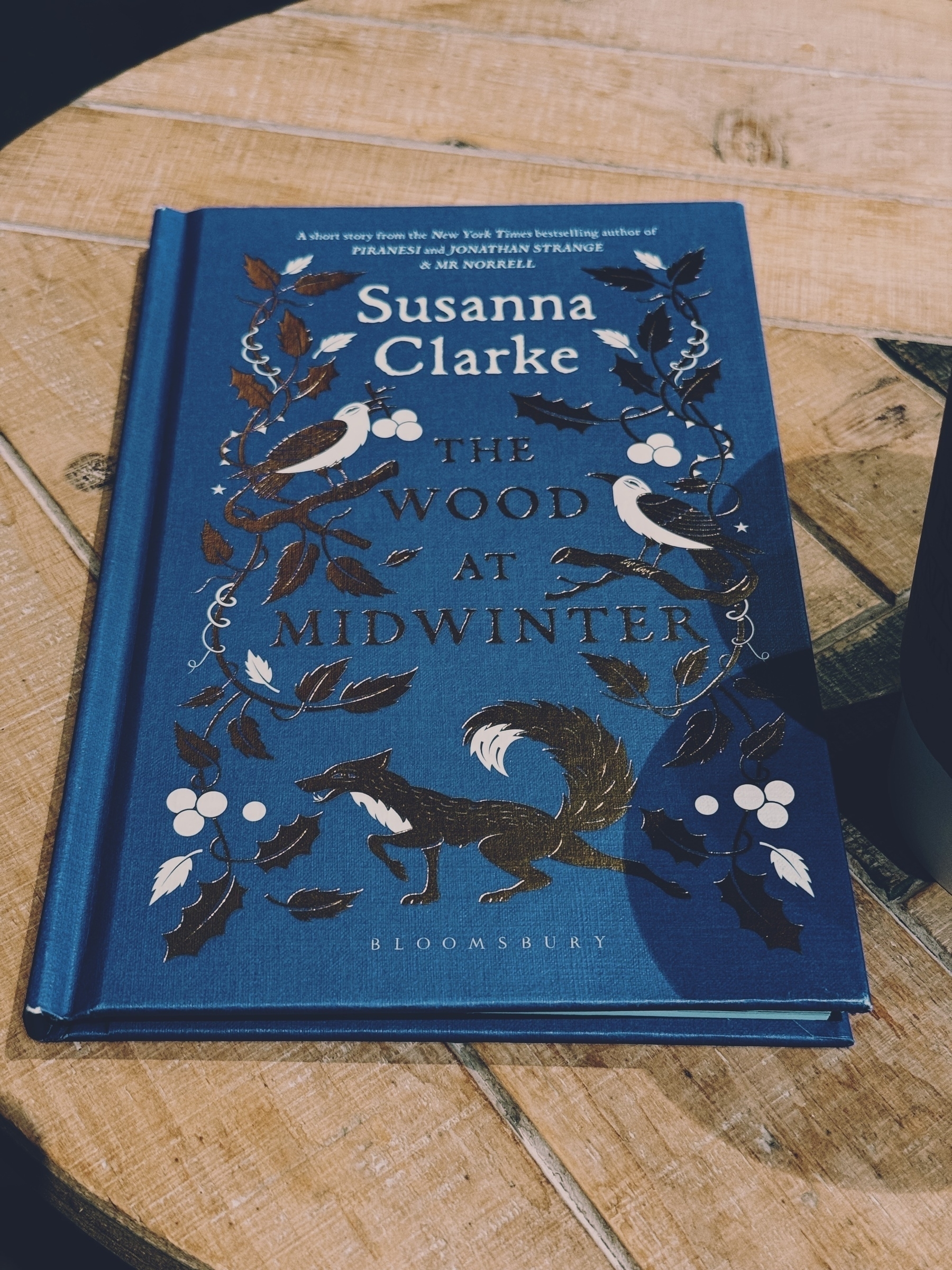Though Dan Brooks’s take down of the “new, lonely vices” reads as more of an opinion piece, it certainly feels like a practical way to assess:
I hope some readers will agree that although the old vices had net negative effects on some people’s lives, their benefits—for those who pursued vice in moderation—went beyond instant gratification to something more valuable. To spend Saturday night at the bar is, in many cases, to spend time with friends and meet new people. To give in to one’s carnal urges is to experience increased oxytocin levels in the short term and, in certain cases, to find lasting companionship. And gambling at a casino, while it is almost never a smart investment, is at least an excuse to get out of the house, chat, and experience the particular type of empathy that comes from losing alongside strangers. Vice can bring people out of themselves to be with others, even if that means coming together to do what they probably should not.
That the new vices are so uniformly solitary suggests that the national character might become more solitary, too. This trend is unsettling, but perhaps more alarming is that large numbers of people could become so oblivious to the upside of vice as to decide that it is better pursued alone. I would hate to think that, in our collective understanding of sex and gambling and getting wasted, so many Americans would conclude that the endorphins are the only point.



